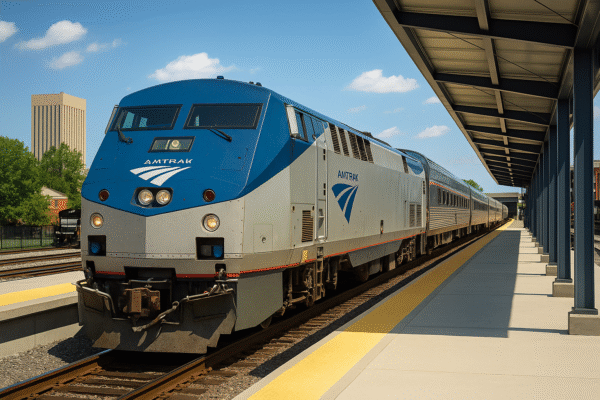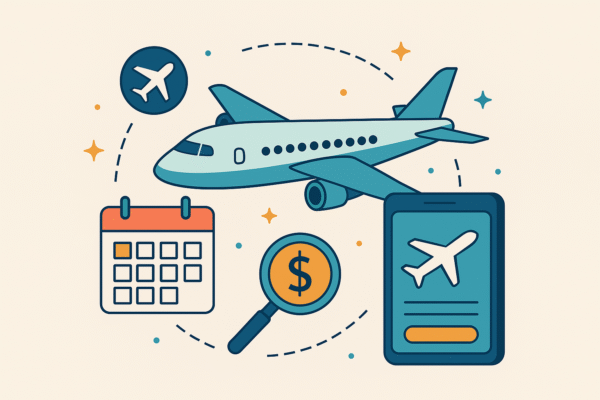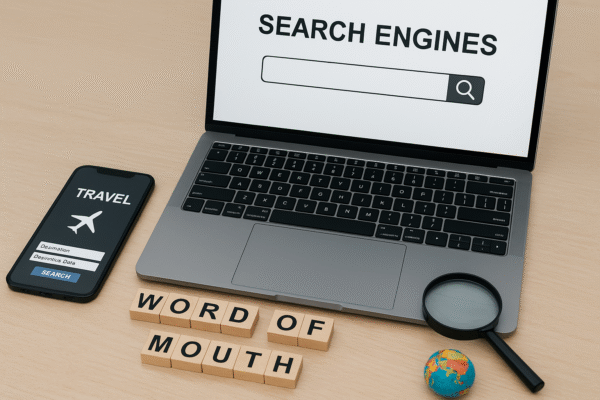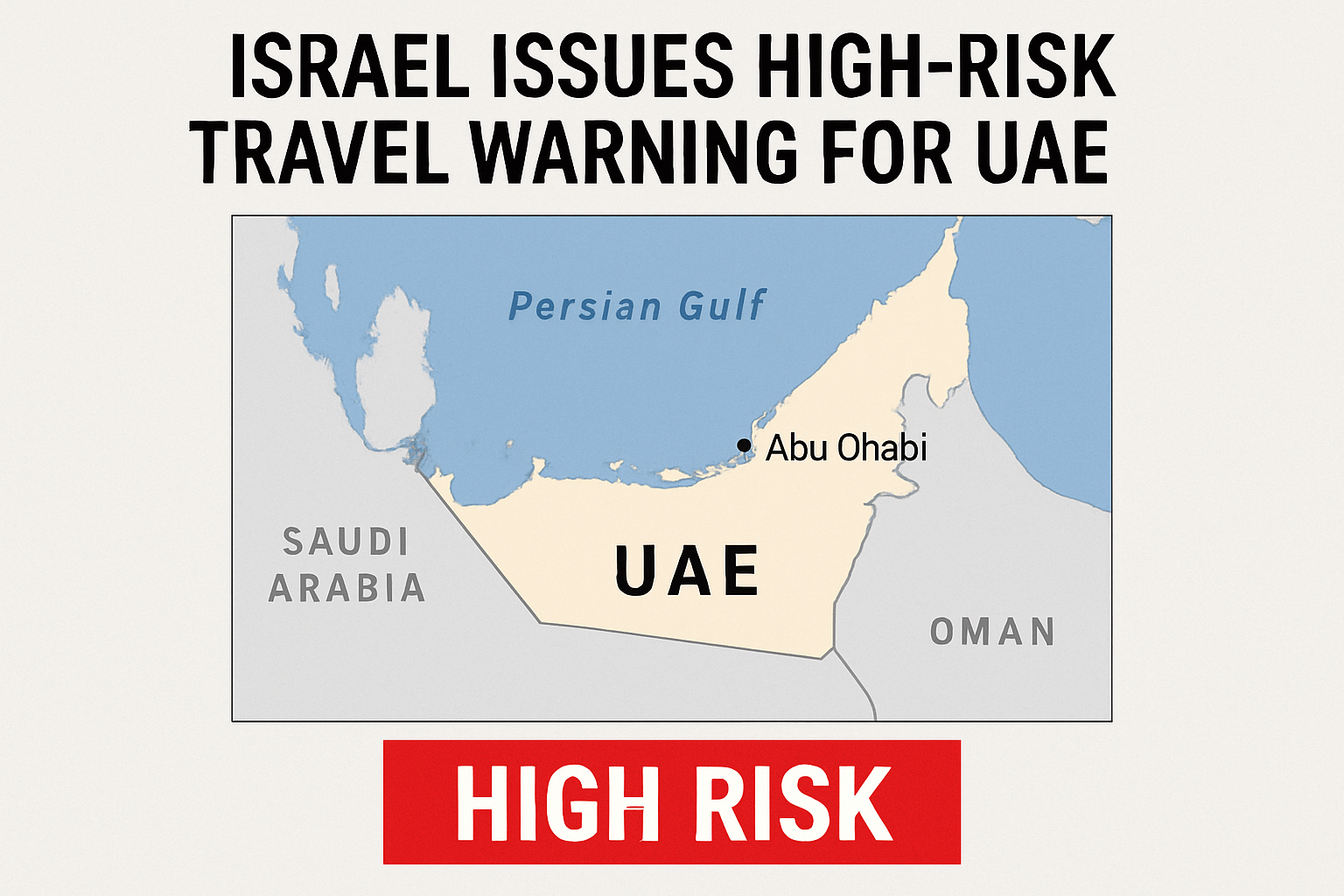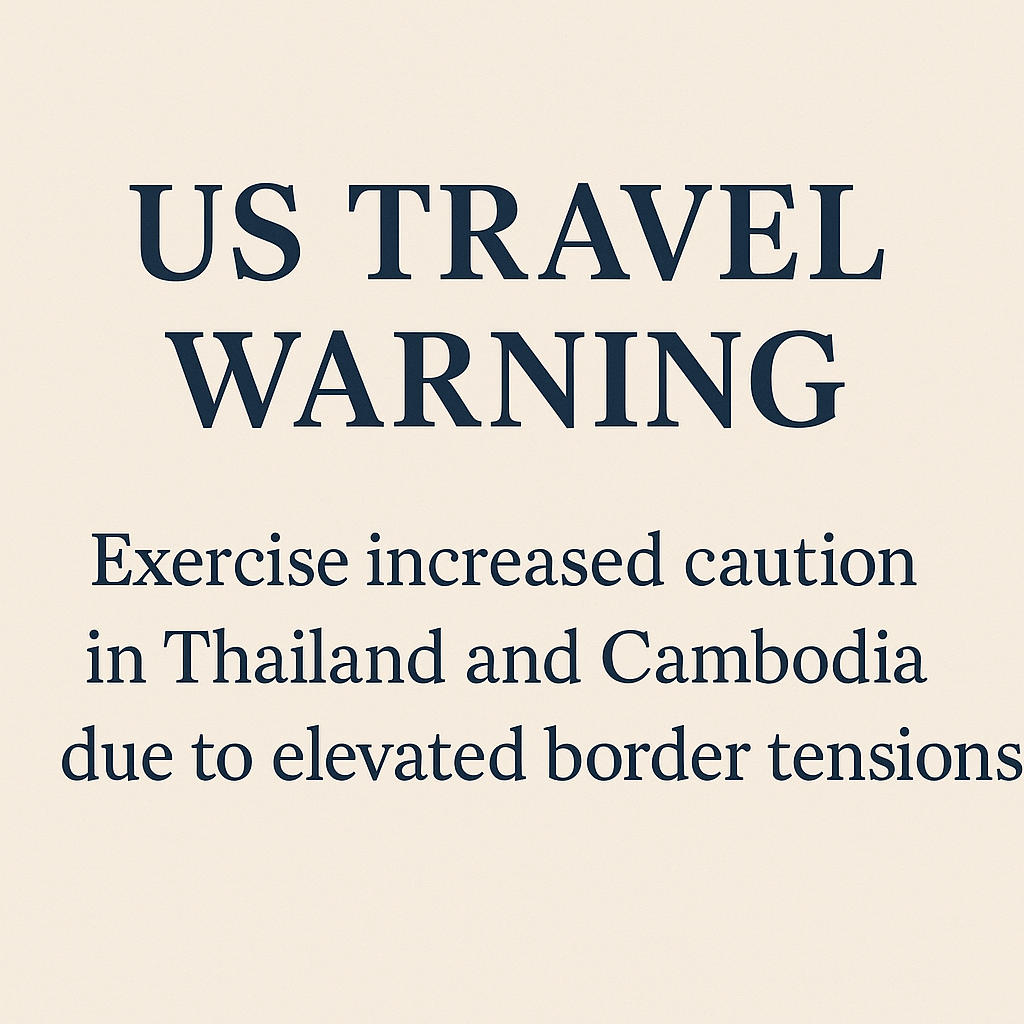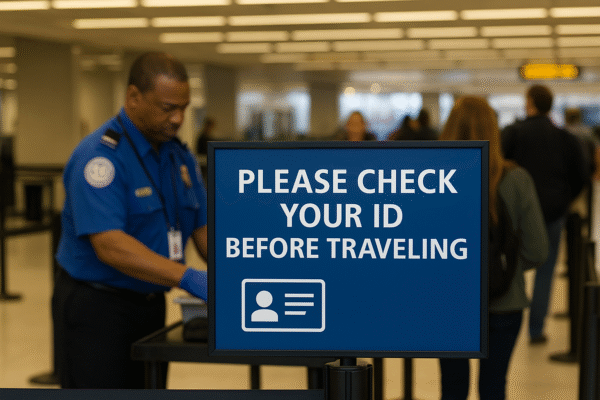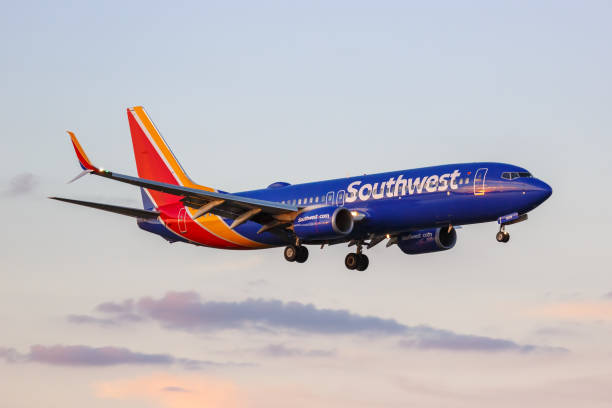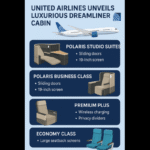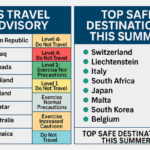Dallas, TX – June 2025:
Southwest Airlines is making major moves just ahead of the busy fall travel season. The carrier has officially introduced new checked baggage fees—a significant shift in its long-standing “bags fly free” policy—while simultaneously expanding its flight schedule with over 100 seasonal routes to accommodate demand from college football and NFL fans.
These dual developments signal a new phase for the low-cost airline as it balances evolving customer expectations, rising operational costs, and intense competition across the U.S. domestic market.
New Baggage Fees Take Effect
Effective May 28, 2025, Southwest Airlines began applying checked baggage fees to all new reservations and ticket modifications. This change, originally announced in March, has ended the airline’s decades-long reputation as the only major U.S. carrier offering two free checked bags for all passengers.
Under the new policy:
- Business Select customers and Rapid Rewards A-List Preferred Members will still receive two free checked bags.
- A-List Members and select other loyalty-tier customers will get one free checked bag.
- Holders of a Southwest Rapid Rewards Credit Card will also receive a credit for their first checked bag.
For all other travelers:
- The first checked bag now costs $35.
- The second checked bag will cost $45.
Southwest justified the change by citing rising fuel and labor costs and the need to remain competitive while still rewarding its most loyal travelers. The airline emphasized that it still offers some of the lowest ancillary fees in the industry.
While the reaction from budget-conscious travelers has been mixed, industry analysts note that the fee structure is still more lenient compared to other major U.S. carriers, many of which charge upwards of $70 for two checked bags.
Fall Sports Strategy: Over 100 New Flights for Football Fans
To ease the impact of new baggage fees—and perhaps win back customer favor—Southwest also unveiled a major flight expansion tied to fall sports travel. The airline is adding 59 flights for 19 major college football games and 54 flights for 24 key NFL matchups, strategically tapping into regional rivalries and high-profile events.
This temporary expansion will allow Southwest to capture a lucrative seasonal market, especially as Americans increasingly plan travel around live sports.
Highlighted College Football Routes:
- Texas vs. Ohio State (Aug. 29–31): Six outbound flights to Columbus, OH from Dallas, Houston, and Austin, with eight return flights after the game.
- Oklahoma State at Oregon (Sept. 6): Flights between OKC and Eugene, OR.
- Michigan at Oklahoma (Sept. 6): Special routing between OKC and Detroit.
- Auburn at Oklahoma (Sept. 20): Flights added between OKC and Atlanta.
- Oklahoma at Alabama (Nov. 15): Seasonal link between OKC and Birmingham, AL.
HBCU Classic Connection:
In a first, Southwest will connect Jackson, MS and Las Vegas, enabling travel for fans attending the HBCU Classic between Grambling and Jackson State on October 25.
Expanded NFL Flight Options
In parallel with its college football focus, Southwest will also operate 54 additional NFL-related flights, aimed at maximizing access to key matchups and underserved markets. Seven of the new NFL routes are not currently available as nonstop service and will be offered selectively around game weekends:
- Buffalo–Atlanta
- Buffalo–Charlotte
- Kansas City–Jacksonville
- Kansas City–Buffalo
- Milwaukee–Cleveland
- New Orleans–Buffalo
- Oakland–New Orleans
These routes are expected to benefit both die-hard fans and leisure travelers looking to take advantage of convenient weekend travel options in the fall.
Balancing Cost, Loyalty, and Innovation
Southwest’s strategy is clear: generate new revenue via checked bag fees, but preserve customer goodwill through added value elsewhere. By offering targeted flight expansions and loyalty benefits, the airline is reinforcing its appeal to frequent flyers, sports fans, and credit card holders.
Andrew Watterson, Southwest’s Chief Operating Officer, stated during an investor call,
“Our pricing changes allow us to remain competitive while still rewarding the customers who fly with us most. And with our new routes this fall, we’re adding convenience and fun back into the flying experience.”
While some critics question the timing of baggage fees just ahead of the peak travel season, others see the airline’s broader approach as a sustainable model: selectively adding fees while investing in niche demand.
Industry Context: Competitive Moves in U.S. Air Travel
Southwest isn’t alone in adapting to rising industry pressures. Major U.S. competitors like Delta, United, and American Airlines have long implemented tiered baggage pricing while aggressively courting premium passengers with route exclusives and loyalty perks. However, Southwest’s careful preservation of certain benefits for its Rapid Rewardsmembers distinguishes its approach from its legacy rivals.
Consumer travel behavior is also shifting. According to the U.S. Travel Association, more Americans are combining leisure with event-based travel—especially for sports, concerts, and festivals. This gives airlines like Southwest an opportunity to tailor flight schedules seasonally for targeted traffic spikes.
Final Takeaway
With the dual rollout of new baggage fees and sports-centered flight routes, Southwest Airlines is navigating a delicate balance between profitability and passenger satisfaction. While the end of universal free checked bags marks a turning point in the airline’s identity, the expanded fall schedule shows Southwest’s continued agility in responding to seasonal demand and cultural moments.
As college football and NFL seasons kick off, travelers—especially sports fans—may find that Southwest’s strategic flight additions and loyalty incentives still make it a go-to option for affordable and convenient travel.

